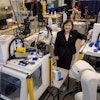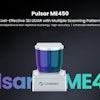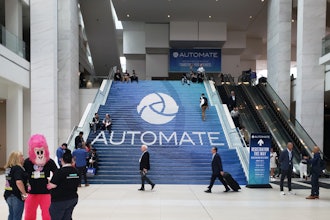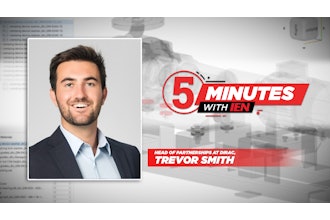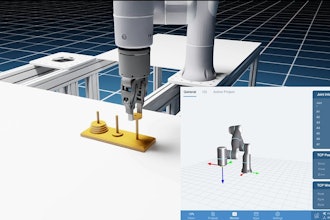
 Steven L. Blue, President & CEO of Miller Ingenuity
Steven L. Blue, President & CEO of Miller IngenuityMany rust-belt company CEOs blame their company’s failure on everything under the sun: automation, offshore labor, AI, and even their own employees. What these CEOs don’t realize is that the number one reason their company failed was because of themselves. THEY decided to live in “happy land” and live off the successes of yesterday. THEY chose to ignore the margins and new technology. THEY didn’t take the initiative to transform.
But while transforming an organization to higher technology products can be successful, it’s risky, expensive and unlike anything you’ve ever done before.
The following are the three biggest pitfalls to transforming your company from rust-belt to high-tech:
No. 1 - The workforce is not prepared for the change. Let’s assume that you’re a rust belt manufacturer, and you make plastic things, metal stamping, low tech or no tech kind of products. Your workforce doesn’t know how to do anything any differently, and it’s not their fault. The worst thing you could do is tell them that they will either become electronic engineers or they get the boot. But long before you make skills transitions, you must make a cultural transformation. A culture that has done the same things the same way for decades cannot deal with a new paradigm of doing new things in different ways every day. You need a culture that is not only amenable to change, but anxious for it. I tell CEOs all the time when I make keynote addresses, “The cultural model in your mind should be a Cirque du Soleil culture.” You want people who come to work every day all jazzed up, and the only thing they want today is to be better than yesterday. And of course, the push back is, “Well, our employees are not circus performers and they hate their jobs.” Well, whose fault is that?
No. 2 - People are excited to innovate, but they don’t know how to do it. Employees are afraid if they don’t magically become “innovative”, they’ll be fired. So, the CEO must ignite the spark for innovation. Train them how to be innovative. Train them how to be creative. At Miller Ingenuity, I hired the Ex Chief Creativity Officer from the QVC Network to do this. He rode shotgun with my employees for the better part of a year until they could do it on their own. You must train them in the fundamentals of brainstorming.
No. 3 - Bringing high-tech products to the market wearing the same old marketing clothes. Long before you launch new high-tech products, you must reposition the image of the company in the market from rust-belt to high-tech. You must disrupt the market to get its attention. You must disrupt your competitors to keep them off guard. That means shedding the tired old ways rust-belt companies go to market in favor of new tech ways. Gone should be the days of trade pub ads that say nothing, trade show booths that have more competitors than customers in them, and sales calls that don’t ask for orders but ask for tee-times. You should be very creative in this endeavor, otherwise the market won’t even notice. At Miller Ingenuity, we just filmed and released a television series—our flagship product in the high technology space is a life safety product. My team and I had a professional film company produce a 13-episode video series called “Safety Starts Here.” It’s really a thinly-veiled advertorial for our safety products, but because it goes through a logical and professionally produced series, it’s almost like you’re watching a television show. And it positions us and further deepens the perception in the marketplace that we are a high-technology company.
If you’re running a rust-belt company, the longer you wait to radically transform it, the better the odds are your last play will be a Hail Mary. . . and it will fail. I promise you, if you take this one step at a time, carefully and deliberately, you won’t believe the metamorphosis that will occur.
Steven L. Blue is the President & CEO of Miller Ingenuity.

